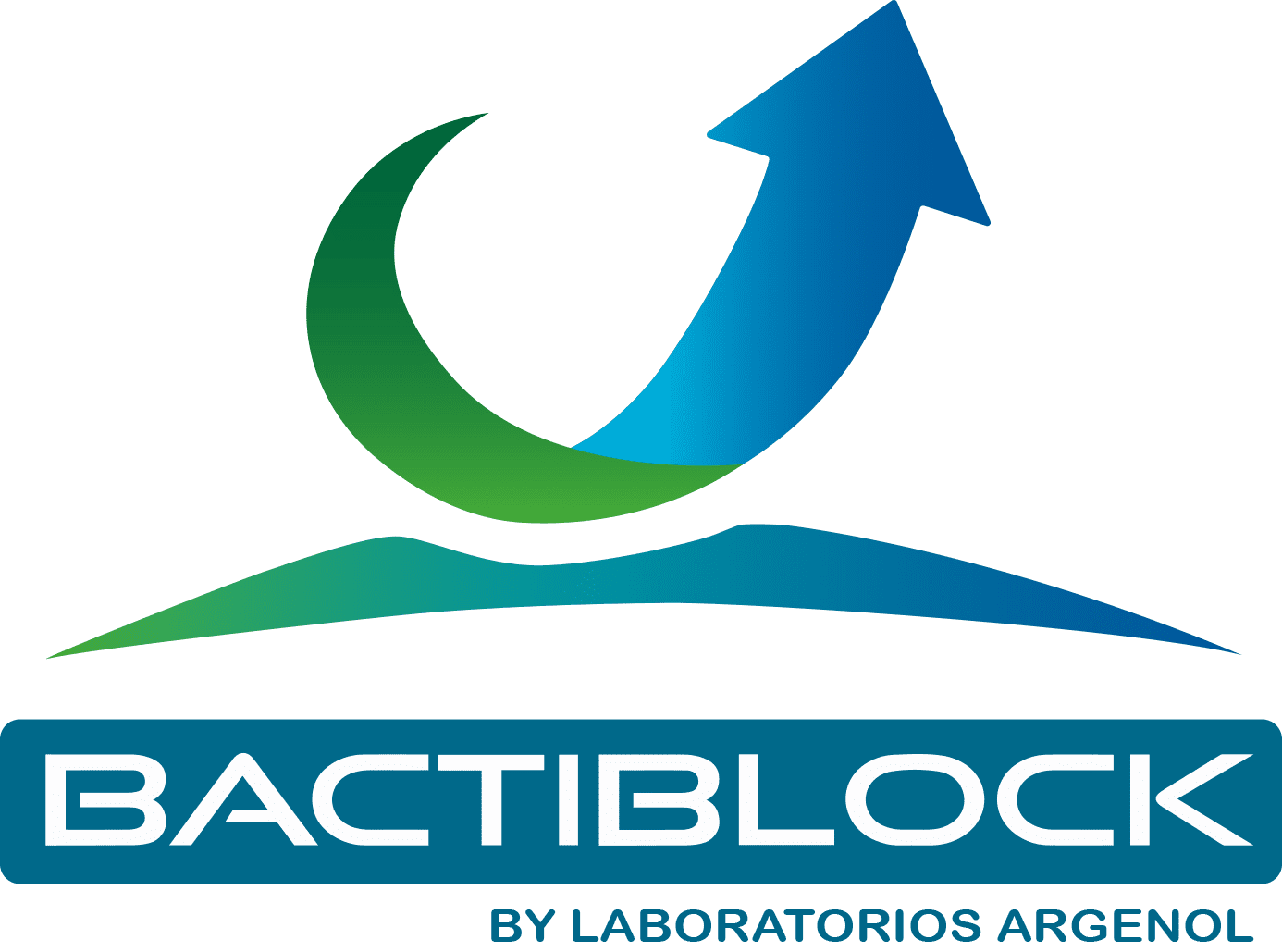Can your eco-friendly reusable drinking bottle make you sick?

Can your eco-friendly reusable drinking bottle make you sick?
While reusable drinking containers save money and are good for the environment, they could be not the best option for your health. According to a recent study, which describe them as being like a “portable Petri dish”, your reusable water bottle contains 40,000 times more bacteria than a toilet seat.
It seems that water bottle contains twice as many germs as the kitchen sink, four times the amount of bacteria as a computer mouse and 14 times more than a pet’s drinking bowl. The findings are shocking as people are likely to get infected with contaminated bottle in comparison to the predictably more contaminated products like toys, bags etc.
The researchers revealed that while gram-negative bacteria can cause infections that are increasingly resistant to antibiotics, certain types of bacilli can result in gastrointestinal issues.
BactiBlock® antimicrobial technology
Including BactiBlock technology into your materials will result in durable protection against the growth of harmful microorganisms on reusable drinking containers. BactiBlock® aterials are able to fight against a wide range of microorganisms without affecting the intrinsic features of the material. This protection reaches up to 99,99% reduction and it is proved according to ISO international & recognized standards. All this means better quality and a longer life-expectancy for your product, which can be translated to happier customers and better business.
Previous news
BactiBlock® will exhibit at FOAM EXPO NORTH AMERICA!
This new edition of Foam Expo North America will take place in June 24-26, 2025 at Suburban Collection Showplace, Novi, Michigan and BactiBlock® will be there! Foam Expo is the continent's largest foam event, offering three days of networking, innovation, and business...
New consumption habits & listeria infections
Have you heard about a bacteria called Listeria? Listeria monocytogenes is a well-known and feared bacteria, specially when it comes to the agri-food industry. This widespread bacteria posses a great resistance to particular conditions and, because of that, it can be...
BactiBlock® treated artificial grass
Artificial grass or turf consists of a surface made from synthetic fibres, which designers engineer to imitate natural grass's aesthetic qualities and feel. It is much more durable than natural grass and easily maintained without irrigation or trimming. Stadiums and...
Bactiblock® in art
Have you ever wondered how our cultural heritage is kept in good conditions? Did you know that we are able to enjoy many of the paintings and historical monuments created many years ago thanks to the work of specialized professionals and techniques? Objects of our...
Everyday objects and places where bacterial load is higher
Bacteria such as Salmonella, Listeria, Staphylococcus aureus or Escherichia Coli are nowadays confirmed to be the cause of the main gastrointestinal poisoning. These bacteria are easily found in a number of places and objects inside and outside home. Even though the...

Autovía Logroño Km 7,4
50011 Zaragoza - ESPAÑA
Autovía Logroño Km 18
50298 Pinseque (Zaragoza) - ESPAÑA




Autovía Logroño Km 7,4
50011 Zaragoza - ESPAÑA
Autovía Logroño Km 18
50298 Pinseque (Zaragoza) - ESPAÑA



